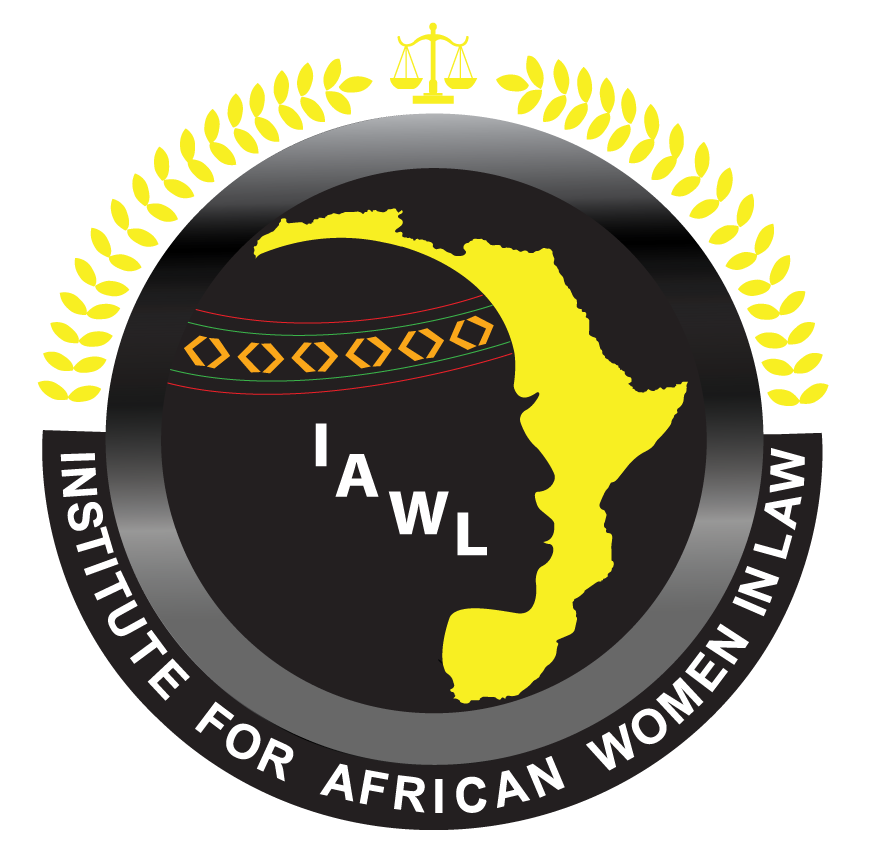Women judges and the cost of judicial independence & integrity.
- IAWL

- Aug 11, 2021
- 1 min read
The rule of law cannot be achieved without judicial independence and judicial integrity. Judicial independence is the number one principle for judicial conduct, as laid down by the Bangalore Principles of Judicial Conduct. The work of organizations such as the United Nations Office on Drugs and Crime (UNODC) Global Judicial Integrity Network, aim among other things, to protect the individual and institutional integrity of judges and judiciaries respectively.
Across the continent of Africa, judges— both women and men, have been the subject of excessive executive powers, and some have paid the ultimate price of death, including Justice Cecilia Koranteng-Addow of Ghana.
In this series, we explore the work of women judges who have stood up for judicial integrity, independence and impartiality. We present the first in this series in the person of Judge Nkemdilim Izuako of Nigeria. Listen to the five-part series of her interview with Judge Ann Claire Williams (Ret.) as she discusses her journey from Nigeria, through The Gambia, The Solomon Islands, and the UN Administrative Tribunal.
We say AMANDLA!(power) to all women judges who stand up for judicial integrity.
